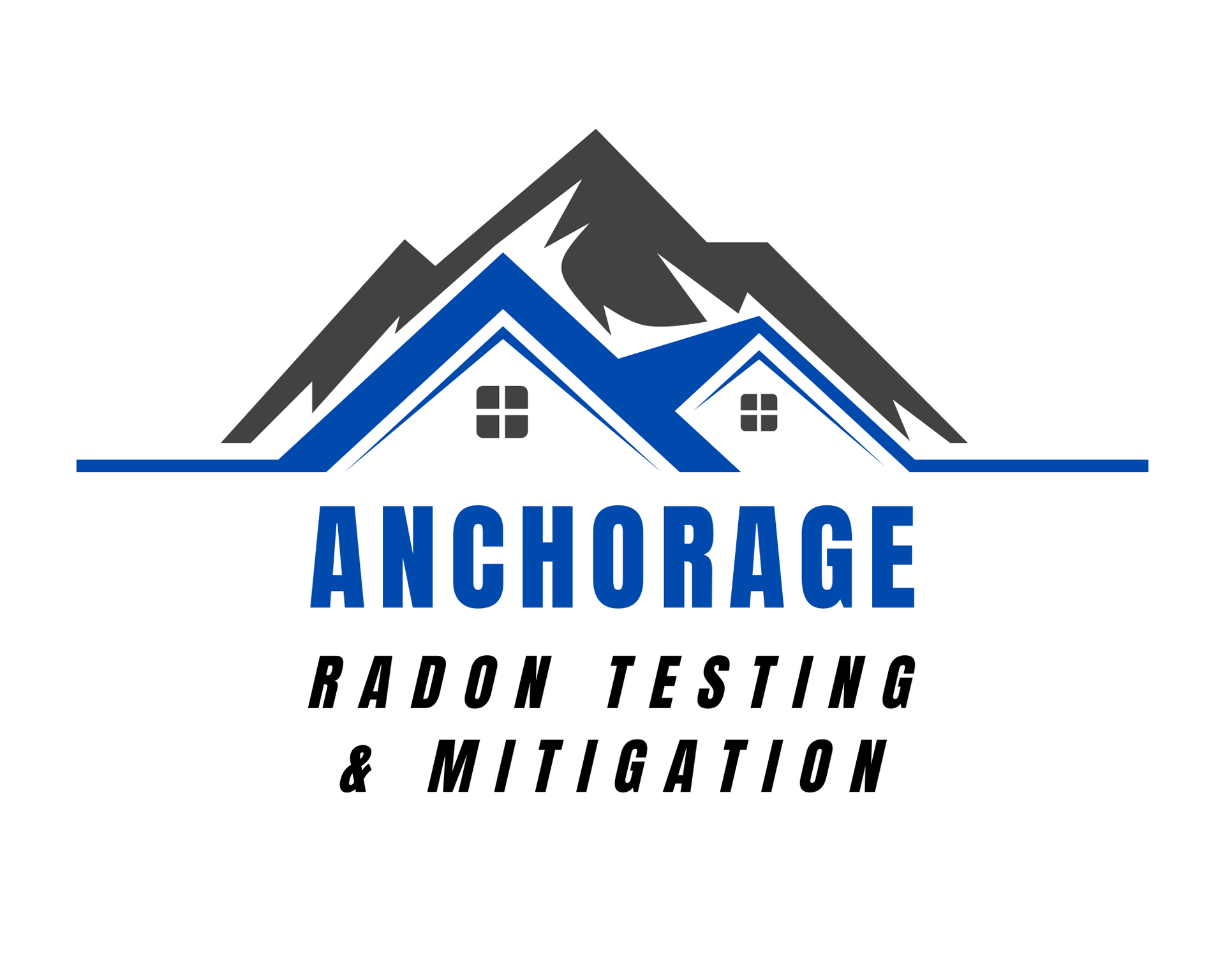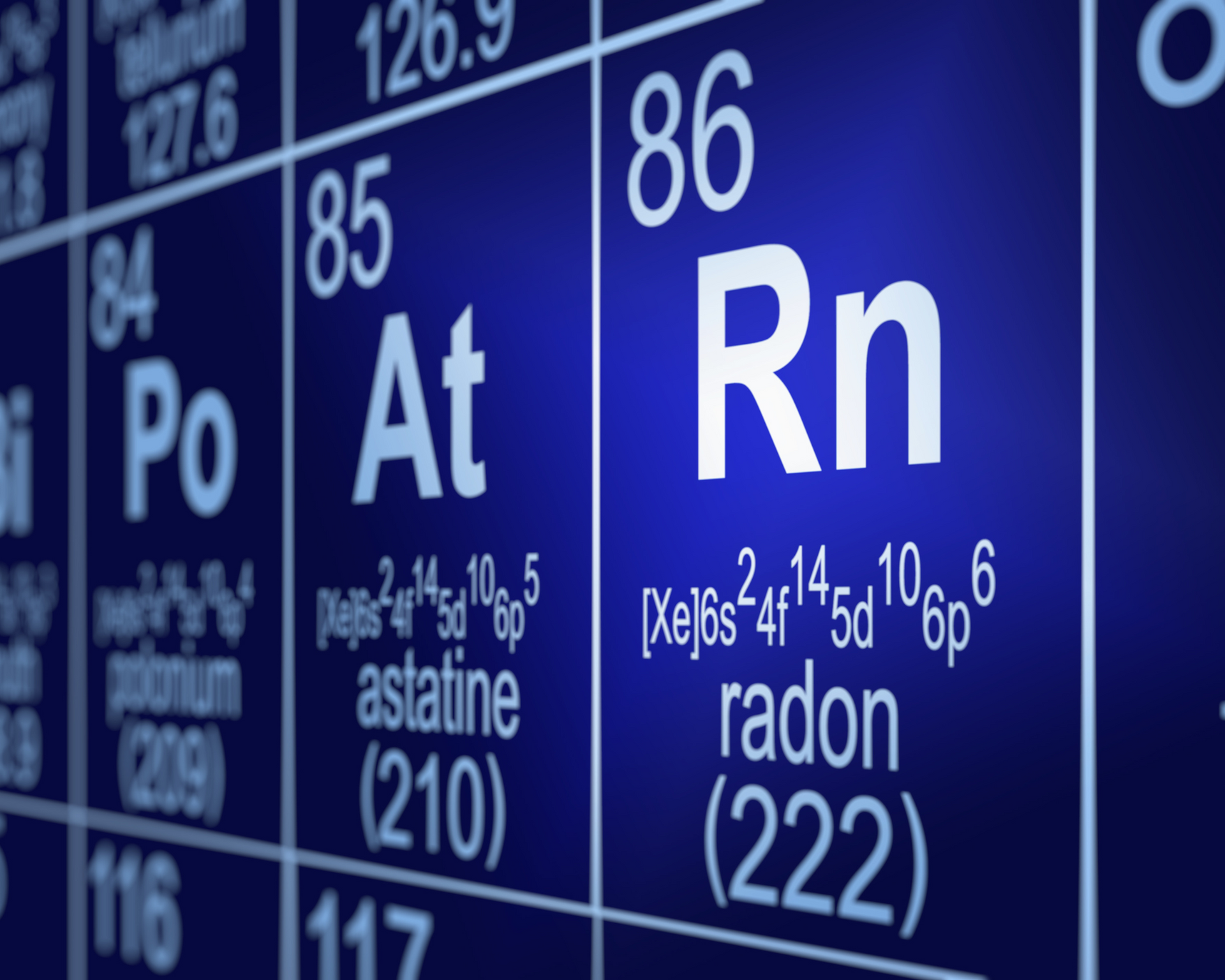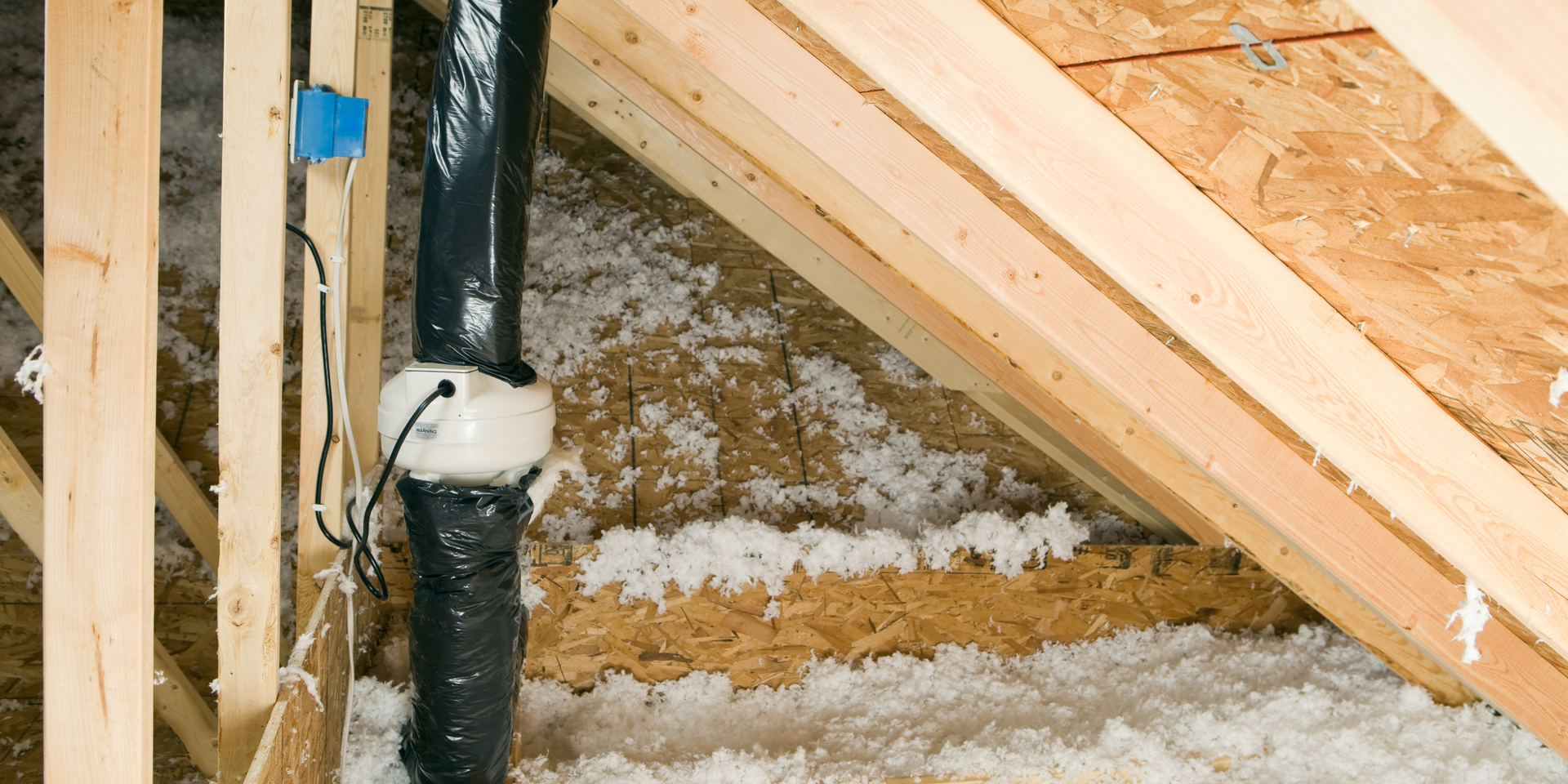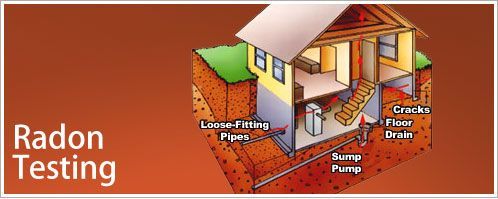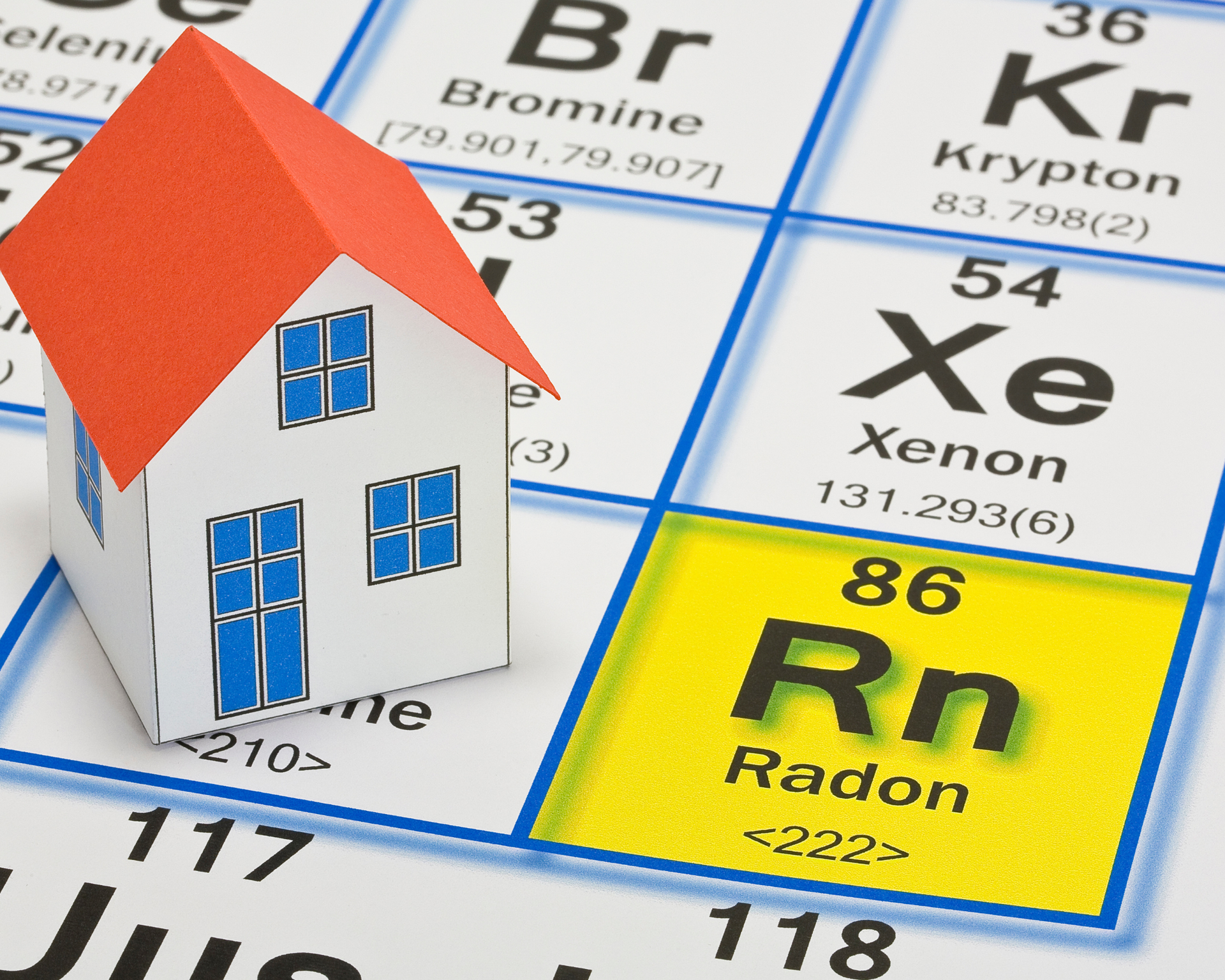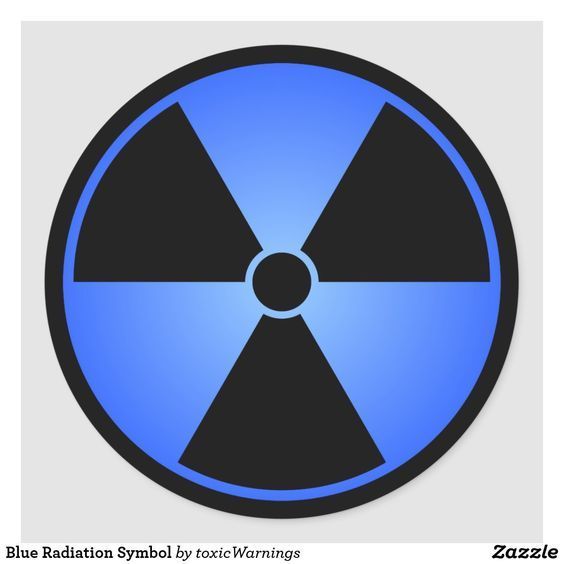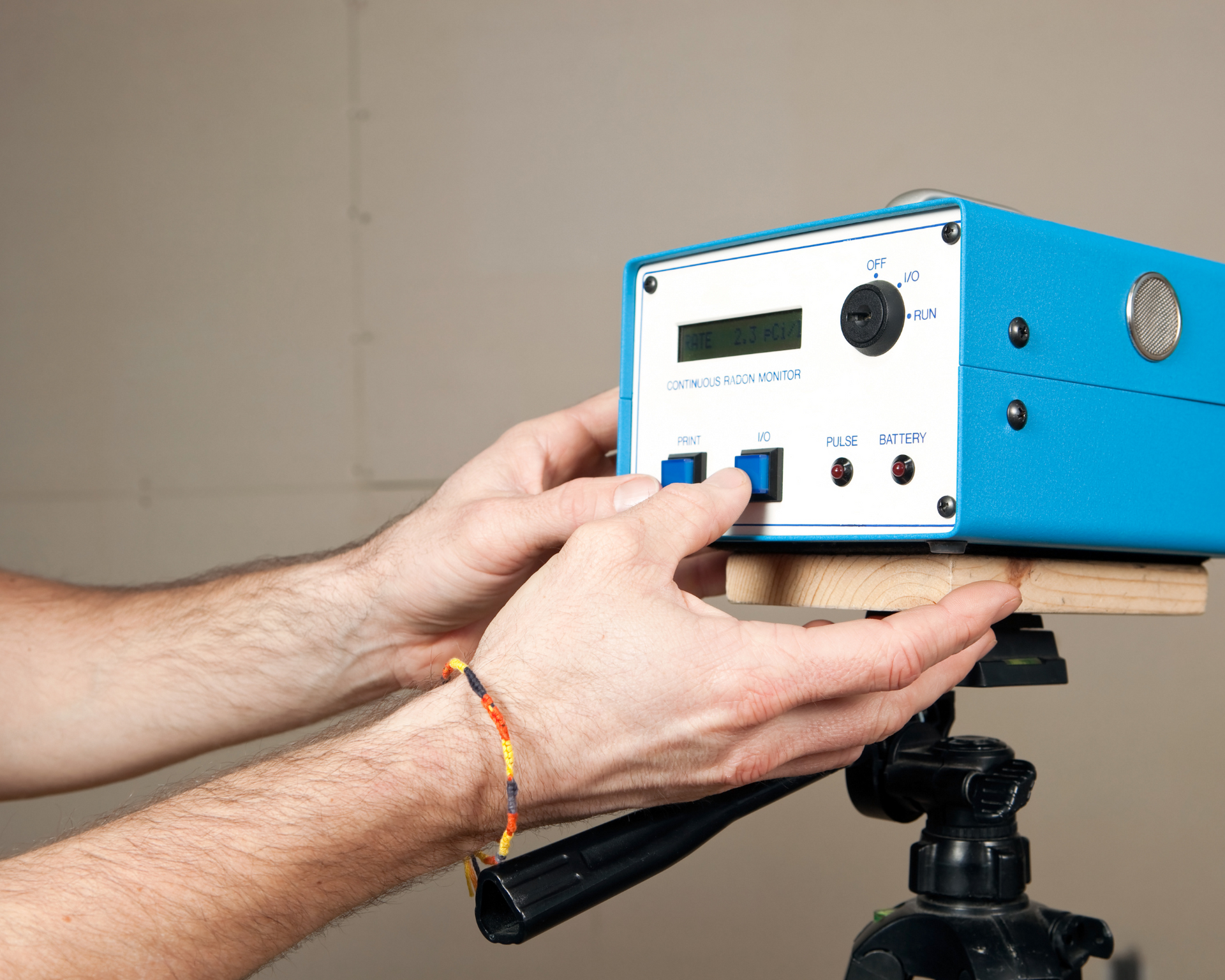Why Should We Do Radon Testing At All?
There are so many good reasons to test for radon in your home or building. Here is why radon testing is so important
Radon testing is conducted to assess the presence and levels of radon gas in indoor environments -- home, buildings, stores, etc. Radon is a colorless, odorless, and tasteless radioactive gas that naturally occurs in the ground, particularly in certain geological formations and soil types. It is a byproduct of the decay of uranium and thorium in the Earth's crust.
Radon is a significant health concern because, when it enters enclosed spaces like homes and buildings, it can accumulate to high concentrations. Prolonged exposure to elevated radon levels can increase the risk of lung cancer, especially for those who smoke or have a history of smoking.
Here are the primary reasons for radon testing:
- Health and Safety: The main reason for radon testing is to protect occupants from potential health risks. By measuring radon levels, homeowners and occupants can identify if their living spaces have elevated concentrations of radon, and if necessary, take appropriate measures to mitigate the risk.
- Radon is Common: Radon can be found all over the world. It can seep into buildings through cracks in the foundation, gaps around pipes, and other openings. Therefore, testing is crucial, as the presence of radon is not related to a specific geographical location but rather the specific properties and geology of the land where the building is situated.
- Legal and Real Estate Requirements: In some regions or during real estate transactions, radon testing might be required by law or as part of property disclosure requirements. It ensures that potential buyers are aware of the radon levels in a property before making a decision.
- Identifying Radon Mitigation Needs: If radon levels are found to be high, it becomes essential to implement radon mitigation techniques to reduce radon concentrations to safe levels. Testing helps identify the severity of the radon problem and informs the appropriate mitigation actions.
- Peace of Mind: Radon testing provides peace of mind to homeowners and occupants, knowing that they are taking necessary precautions to safeguard their health and the health of their loved ones.
It's important to note that radon levels can vary significantly from one location to another and even from one room to another within the same building. Therefore, periodic radon testing is recommended, especially in basements and other low-lying areas where radon tends to accumulate. If elevated radon levels are detected, professional radon mitigation services can be employed to reduce the concentration to safer levels.
